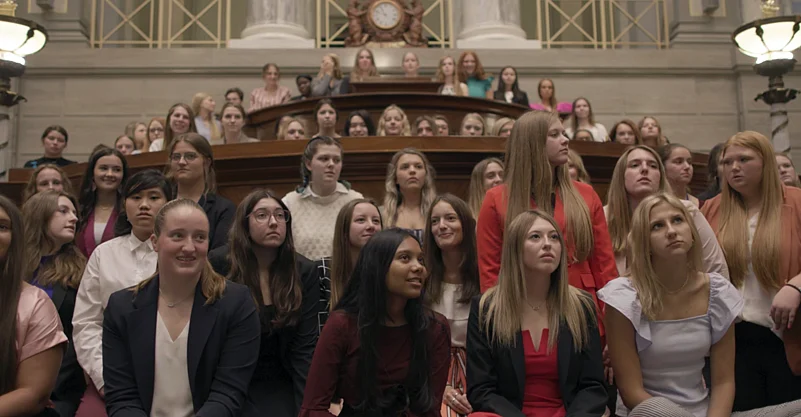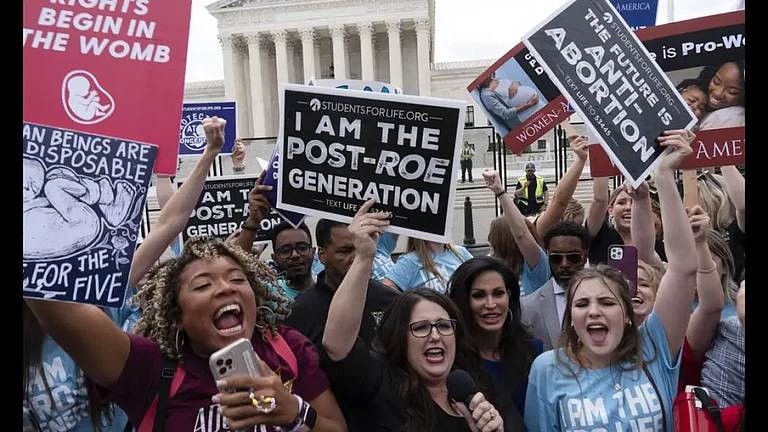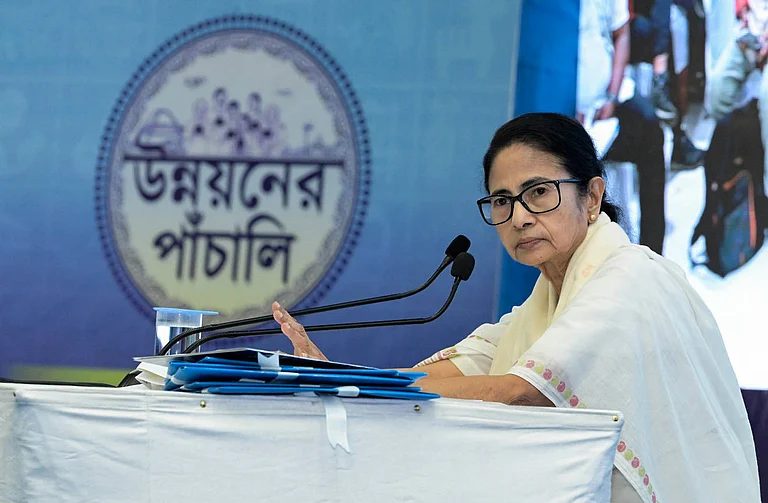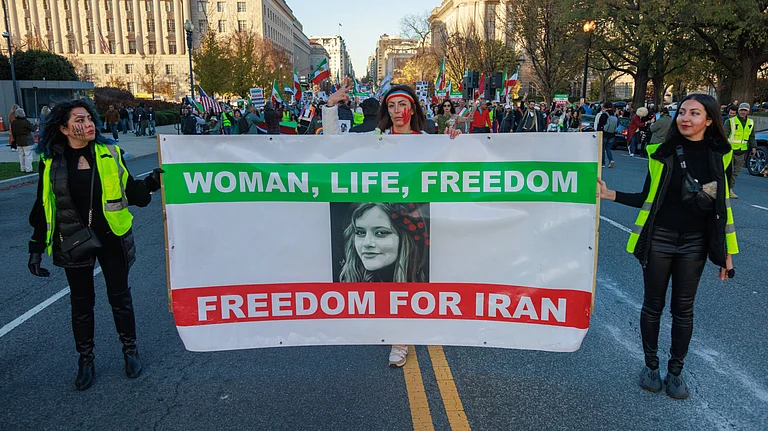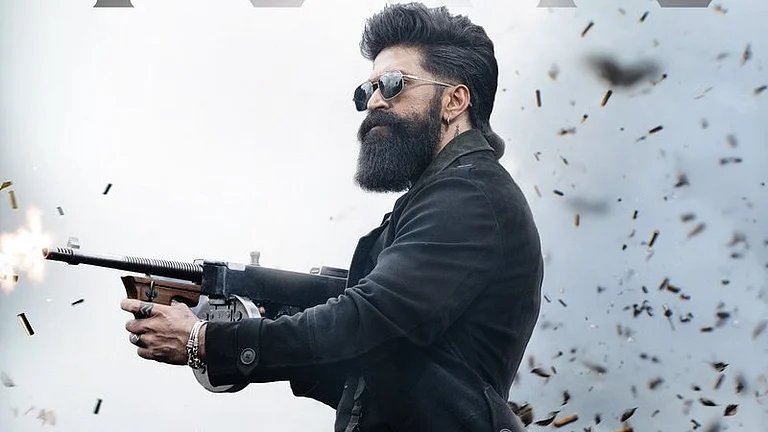During the summer of 2022, on the brink of the Supreme Court's decision to overturn Roe v. Wade, approximately 500 high school girls convened in Missouri for an intensive mock government camp. Over the course of a week, they elected their own governor and formed an all-female Supreme Court, tasked with deliberating on matters concerning their own bodies.
This gathering represented a diverse array of political viewpoints regarding abortion. Yet, for a brief period, their voices held sway. It was during this pivotal week that documentary filmmakers Jesse Moss and Amanda McBaine embarked on their sequel to the acclaimed 2020 film "Boys State."
Reflecting on this experience, Nisha Murali, one of the young women featured in the film, remarked, “It felt like we had created an imagined world where we had control over our bodies and participated in meaningful conversations. And then, it was abruptly taken away from us."
"Girls State," premiering on Apple TV+, mirrors the format of its predecessor "Boys State," providing a glimpse into the intersection of national politics and the coming-of-age experiences of teenagers.
Moss observes, "These programs serve as sensitive instruments, reflecting the political frequencies of American life. It's unsurprising that abortion took centre stage in the conversation."
Even prior to the release of "Boys State," the filmmakers contemplated a companion piece. While there are parallels between the two, "Girls State" distinguishes itself in compelling ways.
Compared to the well-established and well-funded Boys State program, Girls State faced disparities and limitations. Emily Worthmore, a conservative-leaning participant from St. Louis, anticipated robust political debates akin to those depicted in "Boys State." However, she discovered a different dynamic at Girls State, characterised by systemic differences and a lack of certain opportunities afforded to their male counterparts.
Despite these challenges, the young women of "Girls State" found solidarity amidst their differences. The documentary portrays moments of support and connection, challenging stereotypes and showcasing the resilience of these aspiring leaders.
For Murali, the experience prompted introspection about societal expectations and the pressure to conform. Worthmore, who initially sought political victory, found solace in the realisation that imperfection is human. Her subsequent journalistic endeavour to address inequalities between the programs demonstrated a commitment to effecting change.
The impact of their actions was tangible, as evidenced by reforms in the Missouri programs. From relaxed dress codes to expanded athletic opportunities and combined classwork, the changes reflect a step towards inclusivity and gender equality.
For Moss and McBaine, the journey through Girls State reaffirmed the importance of diverse voices in shaping the political landscape. As for Murali and Worthmore, their experiences have left an indelible mark, shaping their outlook on politics and person






